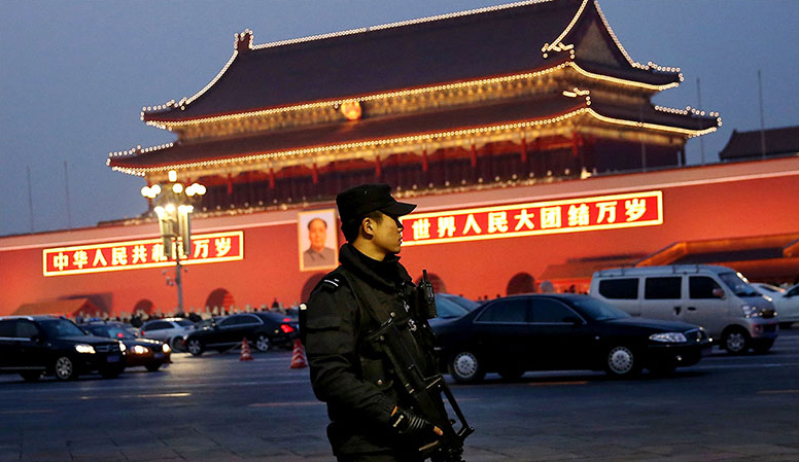
China's top anti-corruption agency has warned the elite class of Communist Party members to stay away from religious activities, including Christianity, urging "stricter disciplinary measures" to prevent cases of abuse.
According to Verna Yu of South China Morning Post, China's Central Commission for Discipline Inspection, or CCDI, claimed that a "lapse in ideology" had become a "serious disease," which has led some people to abandon Communist ideology and pursue religion instead. The agency made its claims in a front-page article on Monday.
"Many cadres show no sign of stopping ... This shows that corruption has still not been brought under control," the article said, noting that rampant corruption has severely disrupted the relationship between the party and the people.
Through its article, the anti-corruption agency urged the party's members to respect the leadership and follow internal procedures. It also stressed that formal permission should be sought out first before taking action.
"Cases must not be presented only when they have become fait accompli," the article said. "During the investigation of disciplinary matters, not only the results should be reported, but the procedures [as well]."
Economist Hu Xingdou of Beijing University of Technology told South China Morning Post that the CCDI had an objective to deal with abuse of authority by holding those at the local level accountable and by ensuring that its orders were carried out consistently across the country with universal standards.
"During anti-graft operations, local disciplinary commissions often have their own way and they take action to attack their political rivals," Hu said.
According to Yu, the CCDI also wrote a separate article on Saturday highlighting the "problem" of some Communist Party members joining "religious activities" in the city of Wenzhou, located in China's Zhejiang province.
"The authorities in Wenzhou - known as 'China's Jerusalem' because of its large Christian population - had for years turned a blind eye to the proliferation of Christian churches in the area, but have since late 2013 ordered the removal of hundreds of crosses from church spires, on the pretext that the crosses breached building codes," Yu wrote.
Yu reported that authorities in Zhejiang province recently proposed banning all religious symbols on top of buildings.
"If approved, it will give local authorities the legal power to remove rooftop crosses," Yu wrote.
According to Martin Roth of BosNewsLife, the agency's announcement has been interpreted by critics as an ominous sign for religious freedom in China. China's Communist Party, which has some 87 million members, has asked them to uphold atheism.
"Though official figures are not available, it is believed that the number of Chinese Christians is at least 80 million, with some officials suggesting the number may be as high as 130 million with Christianity growing rapidly," Roth wrote. "One sociologist has predicted that Chinese Christians will number 245 million by the year 2030, making China the largest Christian nation in the world."
CCDI's article claimed that when it came to Communism, "a lapse in ideology is the most serious disease." It also slammed members who "do not believe in Marxism-Leninism," adding that the trend could "lead to disastrous consequences" if it continued unchecked.
"Their minds are not on their work [and] they busy themselves with religious activities," CCDI wrote in its article. "Some cadres even take the lead in becoming believers."
According to Roth, a Beijing pastor claimed that the lack of faith in Communist ideology by its members have reached "the highest echelons of party leadership."
"For many years now, a lot of Chinese officials and Communist Party members and their families have been turning to Jesus," the pastor said.






